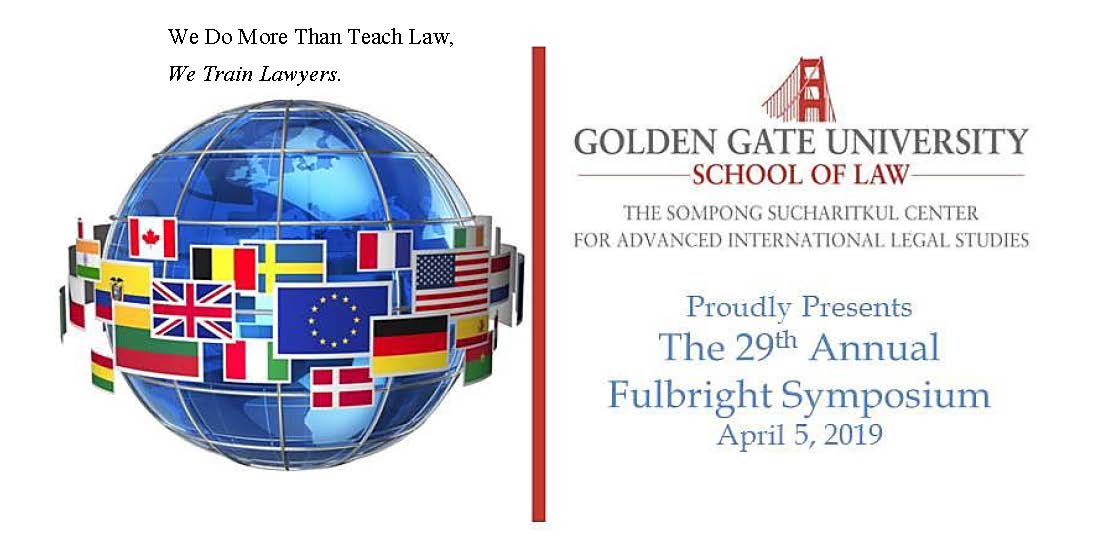Event Title
Start Date
1-4-2011 10:45 AM
End Date
1-4-2011 1:00 PM
Description
Professor Mark Perry is jointly appointed to the Faculty of Science, Computer Science, and the Faculty of Law at the University of Western Ontario, London, Canada where he is Associate Dean of Research, Graduate Programs and Operations. He is a Faculty Fellow at IBM's Center for Advanced Studies, a Barrister and Solicitor of the Law Society of Upper Canada, a member of the International Association for the Advancement of Teaching and Research in Intellectual Property, the IEEE, the Intellectual Property Institute of Canada, and the ACM. He is a member of the College of Reviewers of the Canada Research Chairs, a reviewer for Canadian Foundation for Innovation, a member in the Selden Society and the Computer Research Association, on the executive committee for the ACM Special Interest Group on Computers and Society, in the Rotman Institute of Science and Values, a reviewer for Natural Science and Engineering Research Council (NSERC) and the Social Science and Humanities Research Council (SSHRC). Professor Perry's research is focused on the nexus of science and law, and in the area of autonomic computing system development. He holds grants to pursue his research in both law and science, including Genome Canada, and has supervised numerous graduate and undergraduate theses. He has been invited by universities in Australia, India, New Zealand, United Kingdom, United States, and Canada to speak at research-intensive colloquia and classes. He regularly contributes to the media on technology and law issues. A selection of papers can be found at http://ssrn.com/author=10510 . Professor Perry is an expert on the nexus of legal issues and leading technologies. His science and legal backgrounds have led him to a unique approach to both disciplines that brings together the scientific approach and legal analysis. This has been expressed through modeling the legal relationships in computer and biological systems. His current focus has been on copyright, patent and trademark (as well as other intellectual property rights) in technology systems, and also the regulation of cutting edge technologies.
Research Freedom for University Scholars
Professor Mark Perry is jointly appointed to the Faculty of Science, Computer Science, and the Faculty of Law at the University of Western Ontario, London, Canada where he is Associate Dean of Research, Graduate Programs and Operations. He is a Faculty Fellow at IBM's Center for Advanced Studies, a Barrister and Solicitor of the Law Society of Upper Canada, a member of the International Association for the Advancement of Teaching and Research in Intellectual Property, the IEEE, the Intellectual Property Institute of Canada, and the ACM. He is a member of the College of Reviewers of the Canada Research Chairs, a reviewer for Canadian Foundation for Innovation, a member in the Selden Society and the Computer Research Association, on the executive committee for the ACM Special Interest Group on Computers and Society, in the Rotman Institute of Science and Values, a reviewer for Natural Science and Engineering Research Council (NSERC) and the Social Science and Humanities Research Council (SSHRC). Professor Perry's research is focused on the nexus of science and law, and in the area of autonomic computing system development. He holds grants to pursue his research in both law and science, including Genome Canada, and has supervised numerous graduate and undergraduate theses. He has been invited by universities in Australia, India, New Zealand, United Kingdom, United States, and Canada to speak at research-intensive colloquia and classes. He regularly contributes to the media on technology and law issues. A selection of papers can be found at http://ssrn.com/author=10510 . Professor Perry is an expert on the nexus of legal issues and leading technologies. His science and legal backgrounds have led him to a unique approach to both disciplines that brings together the scientific approach and legal analysis. This has been expressed through modeling the legal relationships in computer and biological systems. His current focus has been on copyright, patent and trademark (as well as other intellectual property rights) in technology systems, and also the regulation of cutting edge technologies.

